The Potato House in fall 2019.
Photo credit: Potato House Sustainable Community Society
Potato House Sustainable Community Society completes $50,000 upgrade to historic building
When the Potato House Sustainable Community Society bought the Potato House in 2011, they were planting seeds to bring their goal of operating a high-profile drop-in centre and garden space for the educational benefit of others to fruition. The society saw the potential of the house constructed in 1941, one of the few remaining historic buildings in downtown Williams Lake, to provide a gathering space to inspire self-sufficiency and reduced ecological impacts.
“The importance of the Potato House is that it is Canada’s only single-family WWII-era protected heritage site celebrating the accomplishments of everyday people from the Second World War and on to the present,” said Mary Forbes, executive director of the Potato House Sustainable Community Society. “We do not celebrate millionaires or shipping magnates or famous mayors, just everyday people. Potato House’s vision over the next five years is to finish the renovations of the house to become more available to host community events and become more accessible to the wider community, creating a social hub for gatherings and connectivity which includes a backdrop of apple trees, urban bees, and community gardens all fed by healthy soil from local compost.”
In 2015, the society successfully applied for a $30,000 grant from Northern Development to complete significant rehabilitation work to the Potato House’s interior. Tasks to be tackled included upgrading the furnace and hot water tank, painting the interior and exterior, upgrading the electrical system, adding insulation, installing a bathroom on the ground floor, refinishing the original flooring and replacing the roof. Other funding was received from the Heritage Legacy Fund, Central Cariboo Arts and Culture Society and Williams Lake to complete the $50,000 upgrade.
“The 2017 fires were a challenge for the Potato House because the two staff who work on site were evacuated and the gardens in downtown Williams Lake were abandoned,” explained Forbes. “When everyone returned, the psychological effects of the fires were long lasting among the staff, preventing the continuation of the project immediately not realizing that there are more aftermath effects to a fire besides ash cleanup. Once those consequences were remediated, the volunteers and staff came together to complete the project after the contractor had completed repairs to other houses which were damaged in the wildfires. We could not have our renovations done at the expense of families who had lost their homes.”
Completing these upgrades has opened doors for the Society by growing its programming offerings throughout the year. Already, they have been busy developing the site and activities, including a heritage garden, community garden, public composting program and workshops.
“Thanks to the investment from Northern Development Initiative Trust among others, the Potato House has improved its capacity to manage food waste through its composting centre while also enhancing its tourism appeal,” said Joe Borsato, project alchemist and ecocurator with the Potato House Society. “In 2018, nearly 12 metric tonnes of food waste were diverted from the landfill and made into compost at the Potato House, up nearly 50 percent over 2017, and even more is expected in 2019. Meanwhile, the improved interior of the house has allowed the Potato House to host a space for learning about both sustainable and historical lifestyles, which is essential for developing environmental and heritage consciousness in the community.”
Funding for these vital upgrades came from Northern Development’s Community Halls and Recreation Facilities grant program. To date, the Trust has invested $4.7 million in the Cariboo-Chilcotin/Lillooet region through this program to improve the quality of life for residents and increase tourism revenue.


